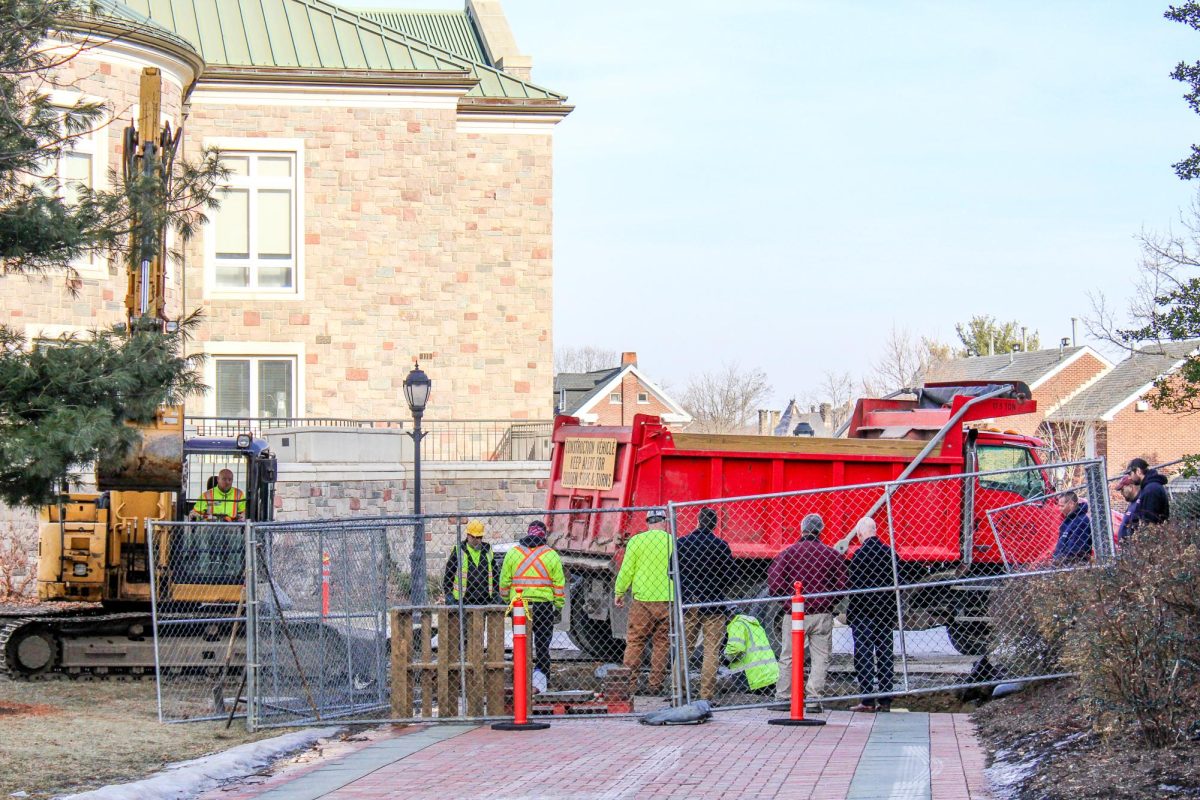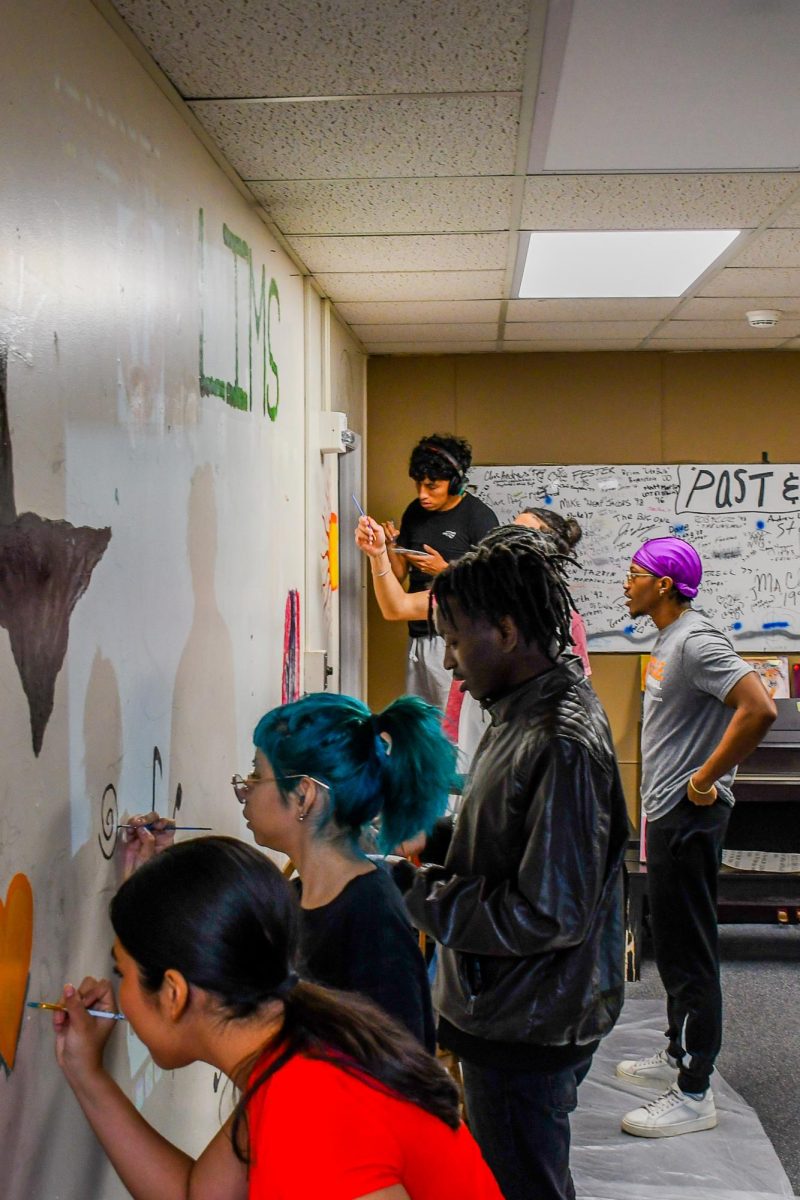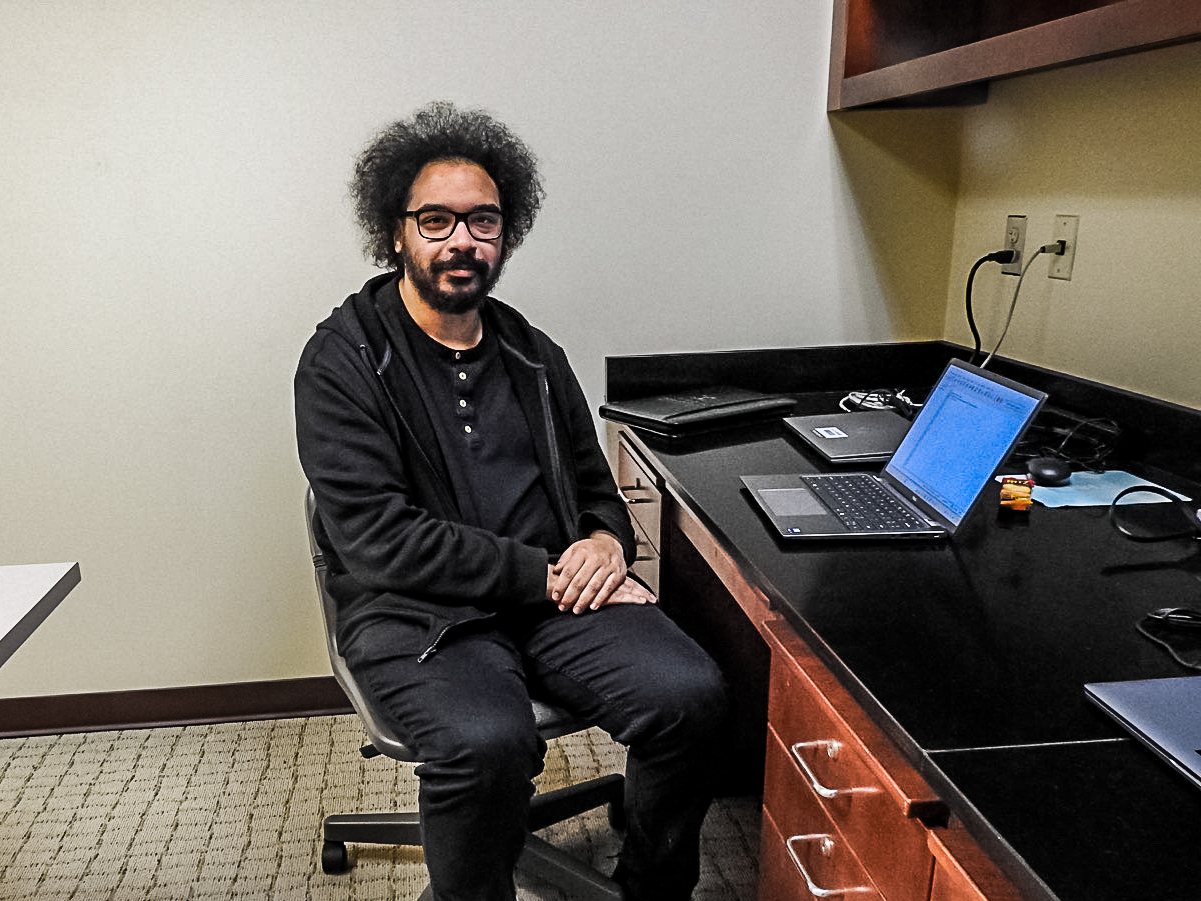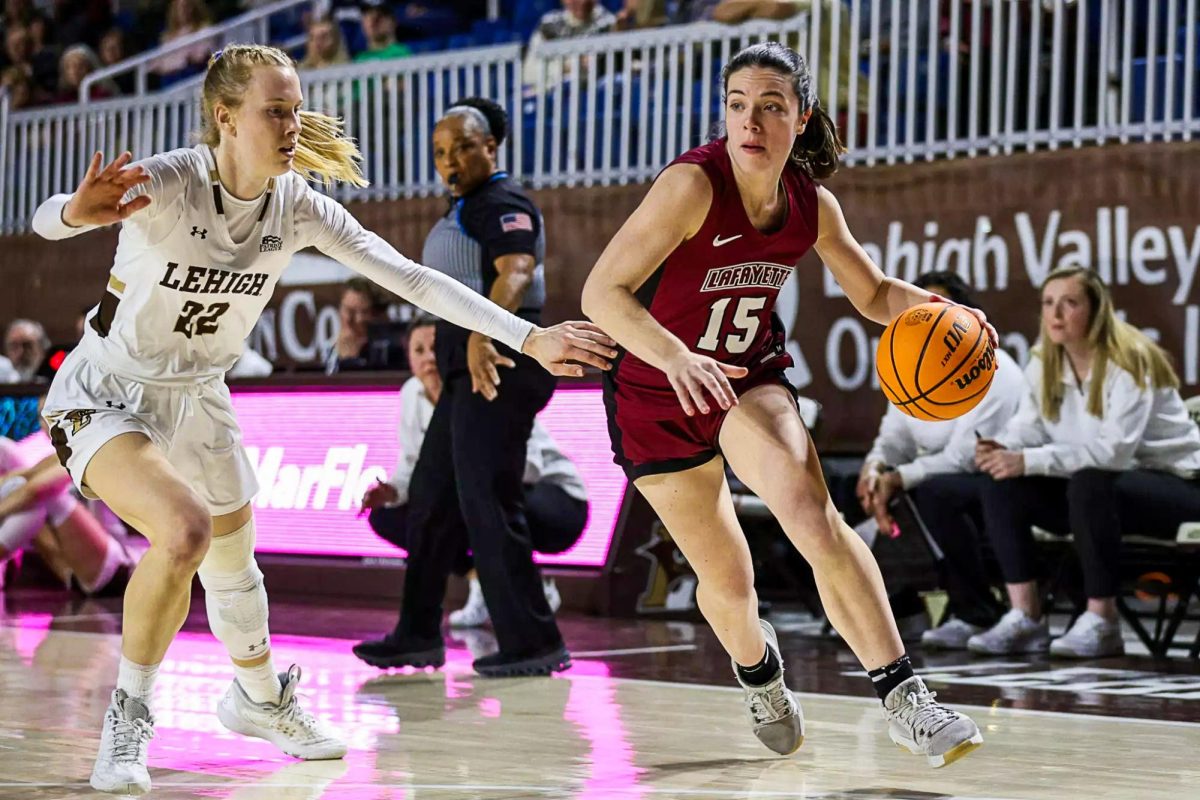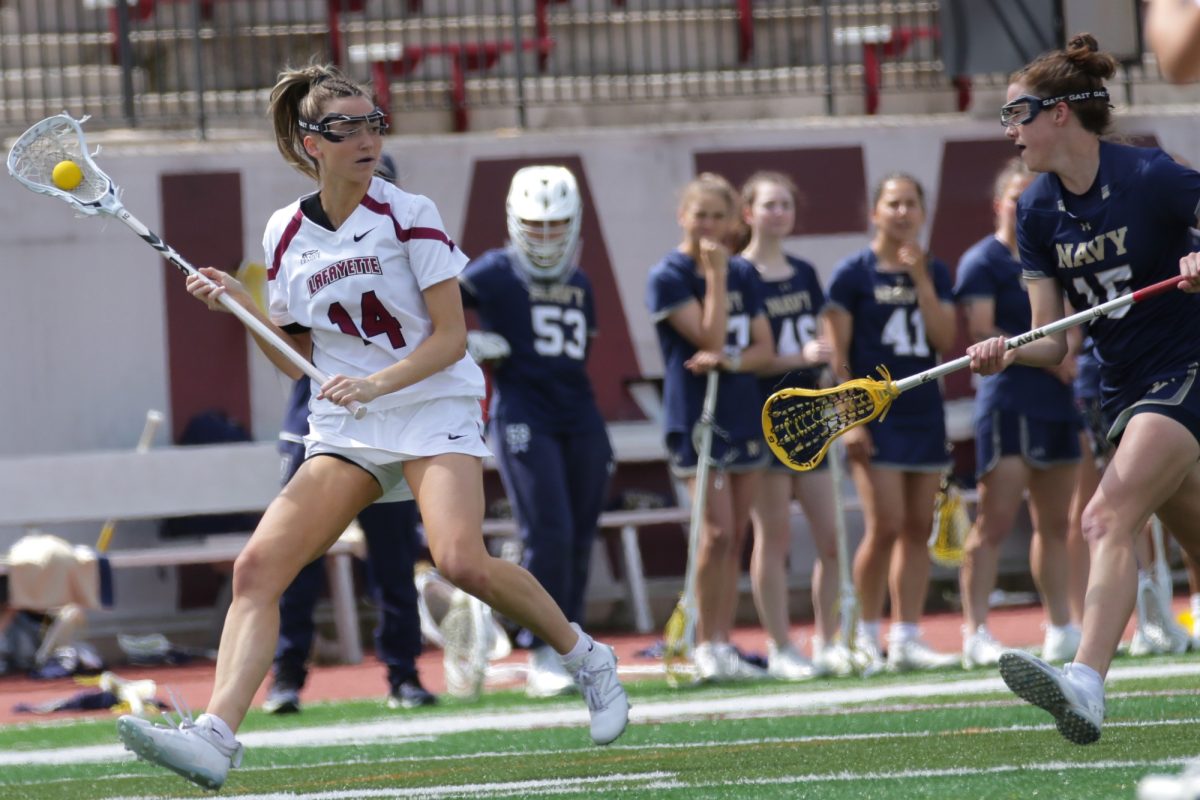Blown call shows importance of expert referees
Deep in the red zone and late in the game, down 13-10, the Detroit Lions were attempting to cap an improbable comeback against the defending NFC Champion Seattle Seahawks.
In what looked to be a go ahead touchdown with little time remaining, Seattle safety Kam Chancellor jarred the ball out of Detroit receiver Calvin Johnson’s hands just before he crossed the goal line.
With the ball bouncing uncontrollably across the turf, Seattle linebacker K.J. Wright gently tapped the ball out the back of the end zone with his right hand.
The play was called a touchback, and Seattle regained possession at their own 20-yard line. The game was over shortly thereafter.
The game ended quietly, and no one thought anything of the missed call that had occurred.
No broadcasters mentioned it.
No players complained.
No coaches bickered.
The NFL rule reads: “It is an illegal bat if a player of either team punches a loose ball (that has touched the ground) in any direction, if it is in the end zone. Penalty: If the foul is by the defense, it is an automatic first down.”
There it is. Plain and simple. The Lions should have had the ball from the spot of the fumble with a first down.
I will admit, I didn’t know the rule. I even thought to myself while watching, “Wow, smart play.”
But I’m not an NFL referee. My job doesn’t depend on knowing a dictionary full of football rules.
This is the second time the Seahawks have been on the receiving end of a questionable late-game call in a Monday night game.
Back in 2012, at the height of the referee strike and replacement ref controversy, the Seahawks were awarded a touchdown on a Hail Mary that debatably should have been called an interception.
But the days of the Division 3-worthy referees are over. These are the veteran NFL referees.
The referee in question claims to have honestly thought that Wright’s bat out of bounds was unintentional.
Yeah, and I honestly thought red meant go when I ran a red light.
Give me a break. Wright bumped the ball out of the back end zone and practically began celebrating before the ball even hit the ground. It didn’t even remotely look like he was attempting to gain control of the ball.
He could have thrown a Mike Tyson-esque haymaker at the ball to bat it out of bounds and the referee would have made the same call.
Wright knew what he was doing, and the referee knew he did. He was right in front of the linebacker when it happened.
The referee didn’t know the rule—just like the rest of us.
This is a big problem. A game was decided on a missed call.
Referees take a lot of criticism in our favorite past times. But when it comes down to simply knowing a rule, there are absolutely no excuses.
In London where I studied abroad, cab drivers need to memorize the labyrinth of streets within London’s city limits, from the major motorways down to the little mews behind my old flat. You’ll never find a cabbie who doesn’t know a street.
So how can we have a referee in a primetime game not knowing a rule? They should have to memorize the NFL rulebook cover to cover the way the cabbies nail down their knowledge of London streets. Their job should depend on it.
Calvin Johnson would say he shouldn’t have fumbled, and that he shouldn’t have put the game in the referee’s hands like that. But when the game is in the referee’s hands, we can’t have them throwing the game away. Or batting it away, as it were.


